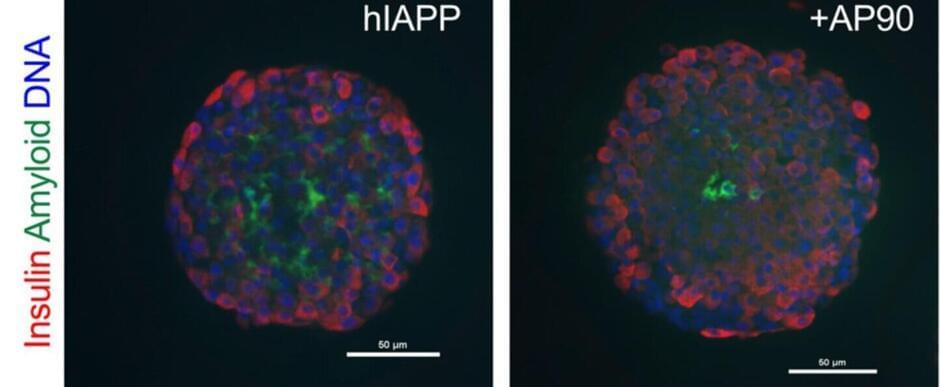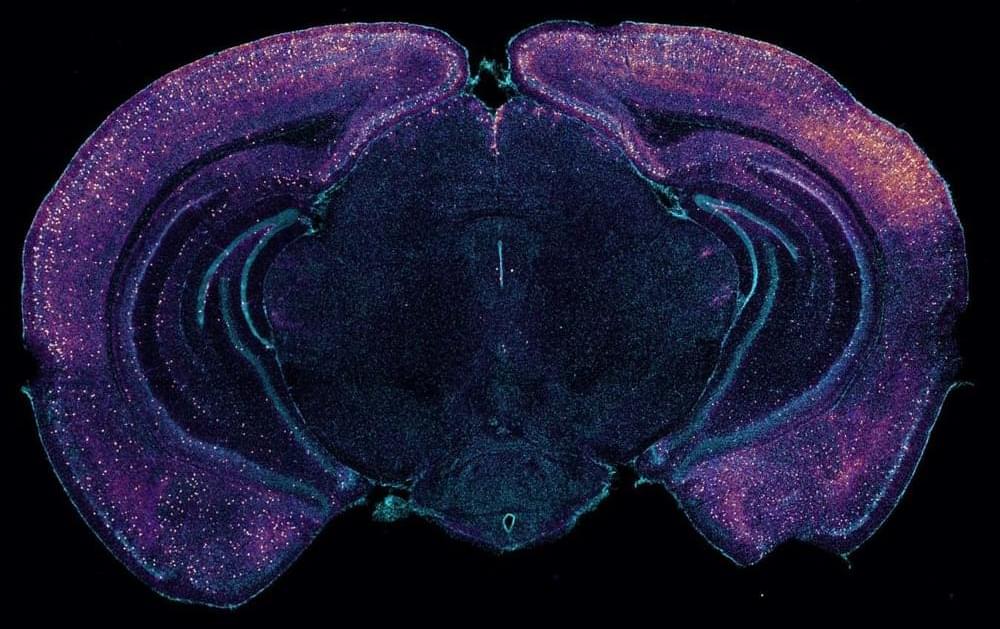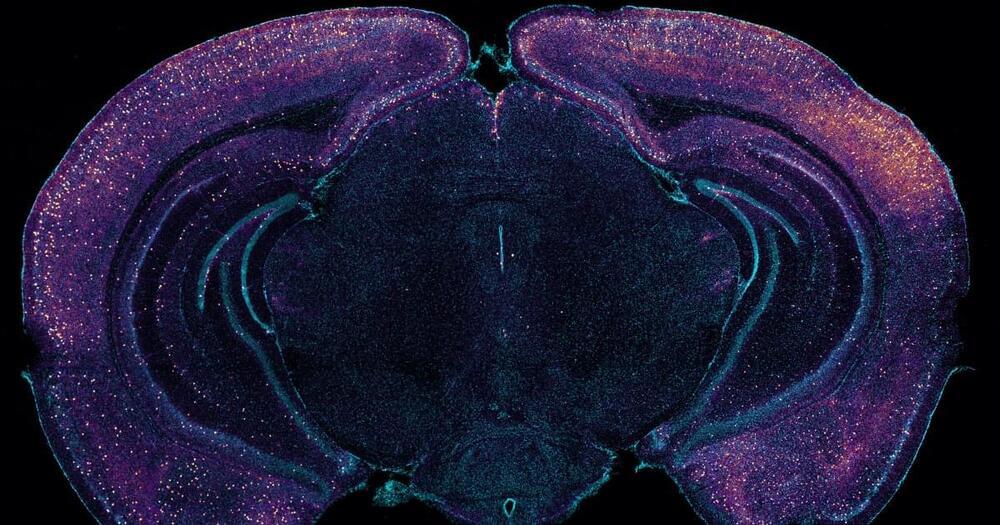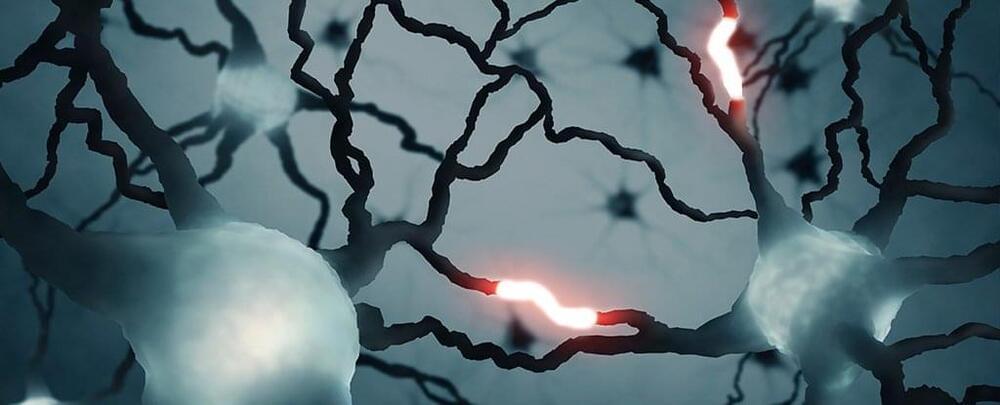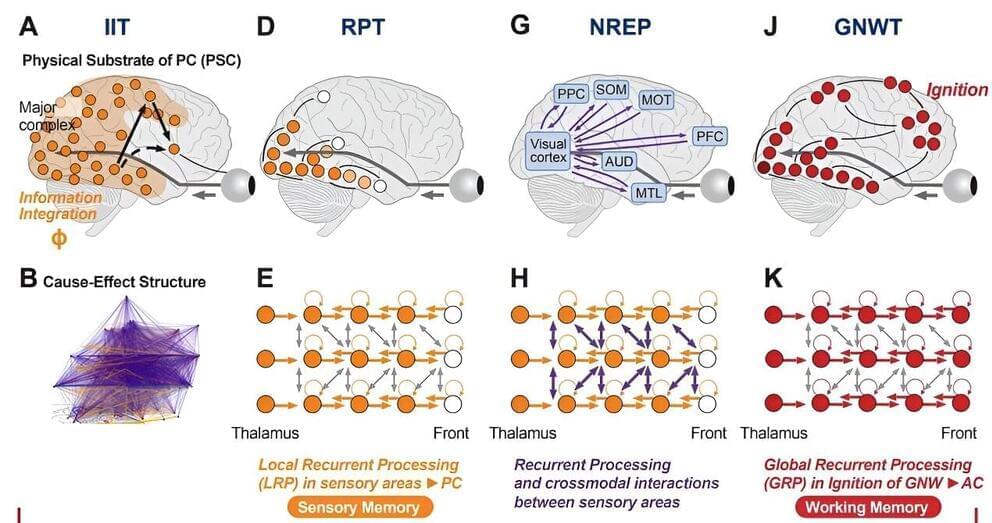Of the 38 million Americans who have diabetes, at least 90% have type 2, according to the Centers for Disease Control and Prevention. Type 2 diabetes occurs over time and is characterized by a loss of the cells in the pancreas that make the hormone insulin, which helps the body manage sugar.
These cells make another protein, called islet amyloid polypeptide or IAPP, which has been found clumped together in many type 2 diabetes patients. The formation of IAPP clusters is comparable to how a protein in the brains of Alzheimer’s disease patients sticks together to eventually form the signature plaques associated with that disease.
Researchers at the University of Washington have demonstrated more similarities between IAPP clusters and those in Alzheimer’s. The team previously showed that a synthetic peptide can block the formation of small, toxic Alzheimer’s protein clusters. Now, in a recently published paper in Protein Science, the researchers have used a similar peptide to block the formation of IAPP clusters.
